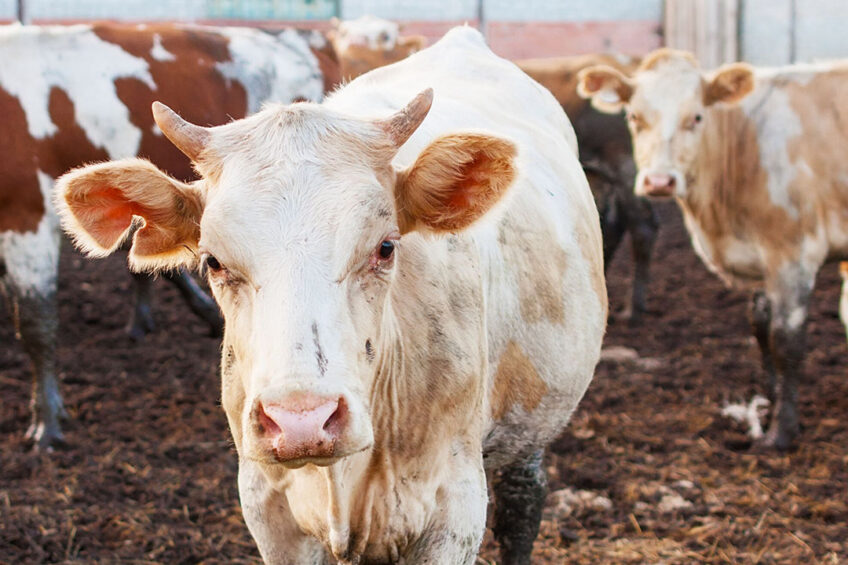Russia rejects Belarussian feed giant’s additive registration

Belarussian National Biotechnological Corporation (BNBC) has been denied state registration on L-lysine monochloride and L-lysine sulphate from the Russian veterinary watchdog Rosselkhoznadzor, according to the state feed additive database.
BNBC filed an application for state registration for its feed additives in Russia in December of 2021. There is no information about why Rosselkhoznadzor rejected it.
The Russian news outlet OfficeLife reported that this impediment could be quite painful for BNBC, an $870 million export-oriented project originally designed to meet the needs of European, Ukrainian and Russian markets in feed additives and premixes. The lack of state registration calls into question the future of the contracts BNBC signed with a group of Russian customers this summer.
“Possible problems with admission to the Russian market may affect the very implementation of the project,” OfficeLife said.
Russia a key sales market
The publication said that Russia is considered one of the key sales markets for BNBC, which is slated to achieve full production performance, including for threonine and tryptophan, in early 2023. Belarussian feed additives consumption is limited to 15,000 tonnes per year, which is clearly insufficient to secure the maximum capacity utilisation ratio within the project.
BNBC is designed to produce 40,000 tonnes of L-lysine monochloride 98.5%, 37,000 tonnes of L- lysine sulphate 70%, 8,000 tonnes of threonine 98.5%, 1,600 tonnes of tryptophan 98.5%, and 22,000 tonnes of wheat gluten, he added. The company previously said it signed export contracts for $500 million but provided no information about the purchasers.
BNBC ramps up production
BNBC has finished establishing feed and amino acids production capacities, Nadezda Kotkovets, general director of BNBC-Agro, said during a press conference on September 28.
“As of now, all production capacities are built, and the corporation is successfully operating. We launched capacities for the production of 1 million tonnes of feed and 2 types of amino acids,” Kotkovets said.
Kotkovets said that BNBC partners supply grain to the Belarussian corporation, receiving “high-tech and highly balanced feed” in return.
“For example, a wheat-protein feed additive is both a commercial product and a raw material. We use it in beef production. So, when we fatten bulls using this product, they grow up to 1 kg per day. At the same time, the price of a wheat-protein feed additive is cheaper than compound feed, and the gain is better,” she explained.
Kotkovets has not said anything about the export contracts and sales to foreign customers.











